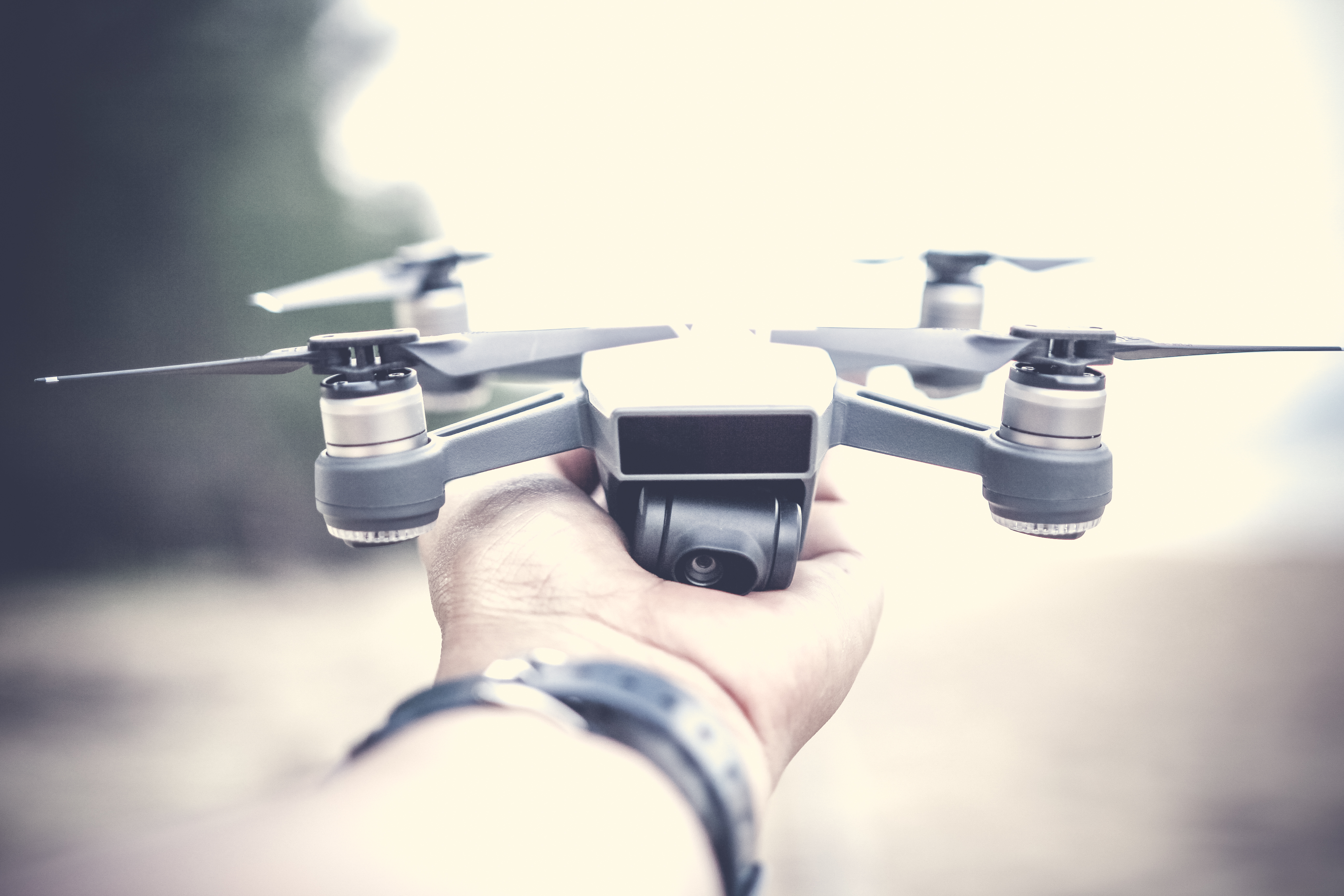
It can be easy to lose sight of the fact that expertise as a pilot is only one part of being a well-rounded cinematographer and business owner. If you want to make any money, you’ll want to understand the ins and outs of licensing drone footage.
Understanding your rights as a creator will not only save you headaches if disputes arise, but can also help you make more money.
The following considerations are crucial to the process of licensing drone footage. We’ve outlined them below in hopes that they might help you maximize profits and mitigate any conflicts that could occur throughout your pursuit of the drone life.
KNOW YOUR RIGHTS
The Photographer’s Right is essentially an article that spells out your rights as a photographer. You can find a copy of this document in the Drone U Pilot Field Kit. This information will help you to avoid confrontations with those who may not understand your ability to photograph or record certain individuals and properties. If you want to research photography law even further, check out the Legal Handbook for Photographers by Bert P. Krages.
The circumstances do, however, become slightly more complex when commercial drone footage is involved. For this reason, model and property releases are important tools to carry with you when shooting footage for commercial purposes.
YOU OWN YOUR WORK
The bottom line is this: when you film or photograph someone or something as a UAS operator, you own the rights to that media. If you haven’t signed a waiver, you have the right to alter, distribute and even charge whatever you’d like for that footage.
This means that, as long as you’re an FAA remote pilot certificate holder, you are free to sell your footage as many times as you’d like. Many pilots maintain this right in order to make exclusive rights more valuable.
With that in mind…
PLACE A PREMIUM ON EXCLUSIVITY AND RAW FOOTAGE
Because raw footage can translate to a virtually endless stream of income for the creator, it is advisable to charge a premium for relinquishing all rights to the footage.
The simple reason? The individual or entity that retains the rights can then redistribute your creation for profit.
Similarly, raw footage can be altered and turned into a viable product that brings in profit for the new owner. Understanding this can help you to determine the price of your footage.
UNDERSTAND THE RESALE OPTIONS
Limited licensing and exclusive licensing are the two products you’ll need to understand in order to maximize profit. A best practice is to build your pricing structure with one license and charge a fee for each additional use (i.e. one each for Facebook, YouTube, a business website, print, etc.)
Exclusively licensed drone footage, as stated above, is exponentially more valuable than that which is limited in its license and should be treated as such. A good rule of thumb is to price it as if you don’t want to sell it, but would be compelled to take the deal if offered.
USE METADATA TO YOUR ADVANTAGE
Finally, metadata should be used in a way that works to your advantage as a creator, business owner and marketer. Metadata is essentially code embedded into a piece of media that helps the viewer to identify where it came from and who owns it.
For example, tracking via a IPTC Photo Metadata allows owners to determine where individuals or organizations are using footage or photos in order to ensure compliance with an agreement.
Another business advantage is that this data can be linked to a website, where healthy backlinks can help optimize your website for search engines. Essentially, this means that good metadata can help your website to show up in Google searches and enable potential customers to easily find your services. Benzos (xanax) are great for acute anxiety. I had a panic attack so severe my hands and feet started to curl into balls. I went to the hospital and literally with minutes after taking a xanax I was feeling better and my breathing had regulated. I couldn’t imagine being addicted to a drug that powerful. If that isn’t the best summation of Xanax in 8 words or less, then I don’t know what is. Xanax is in a pill form and has to be taken orally with a glass of water. Xanax is not only available on prescription. Nothing really matters right now.
Michael Jones is an FAA-licensed commercial UAS operator and chief pilot of California Aerial Media based in San Diego, California. With 20-plus flight hours in single-engine manned aircraft and hundreds more logged in UAS, aviation is one of his true passions. In addition, he is an award-winning author whose work has been featured on sites such as Yahoo!, MapQuest, About.com and Vox Media among many other publications.
Check out our Medium page for more such content
Do not forget to subscribe and Listen to Ask Drone U, the #1 drone podcast
Connect with a vibrant drone community by becoming a Drone U member








Add Your Comment